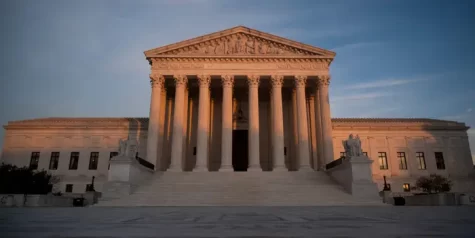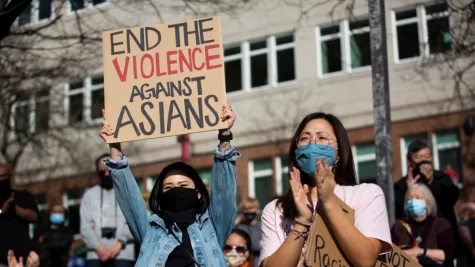Can Mayoral Candidate Andrew Yang Take On New York City?
Profile on Andrew Yang
Can Mayoral Candidate Andrew Yang Take On New York City?
Vivienne Rachmansky
In the past year, Andrew Yang has become a household name following his unorthodox run for president in 2020. Most widely known for a proposed Universal Basic Income (UBI) policy of $1000 a month for every American adult, Yang gained popularity, especially amongst younger Democrats looking for fresh ideas. Although he eventually dropped out of the presidential race, the 46-year-old Schenectady native proved in January 2021 that his (short) time in politics hasn’t reached its end quite yet when he announced his run for mayor of New York City. Yang may have some style, flair, and a unique entrepreneurial perspective; but does he have what it takes to become the leader of the most populated, complex, and intricate city in America?
Analogous to his run for president, the mayoral candidate has continued to prioritize the economy. Yang hopes to provide a similar type of instant cash relief to 500,000 impoverished New Yorkers by assisting them with $2,000 a year — which would, in totality, be a billion dollar venture. It’s not completely clear where this money would come from, since his campaign website only states that “growth” of the program will come as a result of funding by “public or philanthropic organizations.” The People’s Bank of New York City, an idea he proposes to help those receiving the aforementioned cash create bank accounts, is another example of his innovative (yet sometimes underdeveloped) plans.
Along with financial growth, Yang’s campaign stresses that education across the city should be equitable and exemplary. Interestingly, Yang’s own child is a student at an NYC highschool. The candidate believes that our school system can be further improved by “expand[ing] our curriculum to teach more life skills and critical thinking.” While this statement is pretty vague, he offers more specificity in other areas. For example, he advocates taking into account SHSAT scores together with interviews, essays, and grades for specialized high school admission instead of solely test performance. In addition, Yang hopes to build off the momentum of deBlasio’s Universal Pre-K program by extending the age of admission to three year olds.
As a city with over eight million people, law enforcement and how it’s implemented has always caused significant controversy — from the days of Gulliani’s questionable stop-and-frisk policy to the criminal justice issues of today. And, with the death of George Floyd fueling movements such as Black Lives Matter, this topic has become even more polarizing. Simultaneously, New York City has seen an increase of violent crimes as well as hate crimes, and the Yang administration suggests a variety of strategies in response. A primary goal is to foster united, coordinated, and communal responses to violence prevention/interruption by forming one “city-wide strategy” instead of allocating different roles to smaller organizations. Second, a police commissioner with comprehensive experience (beyond law enforcement) will be appointed so as to ensure growth in the system. Yang also argues that it should be mandatory for new NYPD officers to live in the city (like all municipal workers) rather than allow them to be residents of outside suburbs (as many are now). Yang’s administration underlines the significance of combining resources and fostering communication between separate programs; for example, preventing hate crimes through partnership with the New York City Commission on Human Rights or sending out more co-response teams of social workers and police officers to respond to 911/NYPD calls.
While Yang puts forward interesting ideas (and has an impressive pedigree, having graduated from Brown University and later Columbia Law School), unlike those competing against him, he has no political experience or track record. After a brief stint at a corporate law firm and serving as CEO of Manhattan Test Prep, in 2011, he founded Venture For America (a nonprofit for college graduates in “struggling American cities” to advance in the world of startups and entrepreneurial leadership). In spite of the way his campaign advertises Yang as a successful businessman, he in fact didn’t keep his pledge of creating 100,000 jobs; only 150 jobs came as a result of alumni backed companies.
In just a few weeks, the June 22nd primary will reveal if voters think Andrew Yang is right for the job — or if his hype-fueled flame will fizzle out into the exhaust of New York City’s cabs and construction sites.

